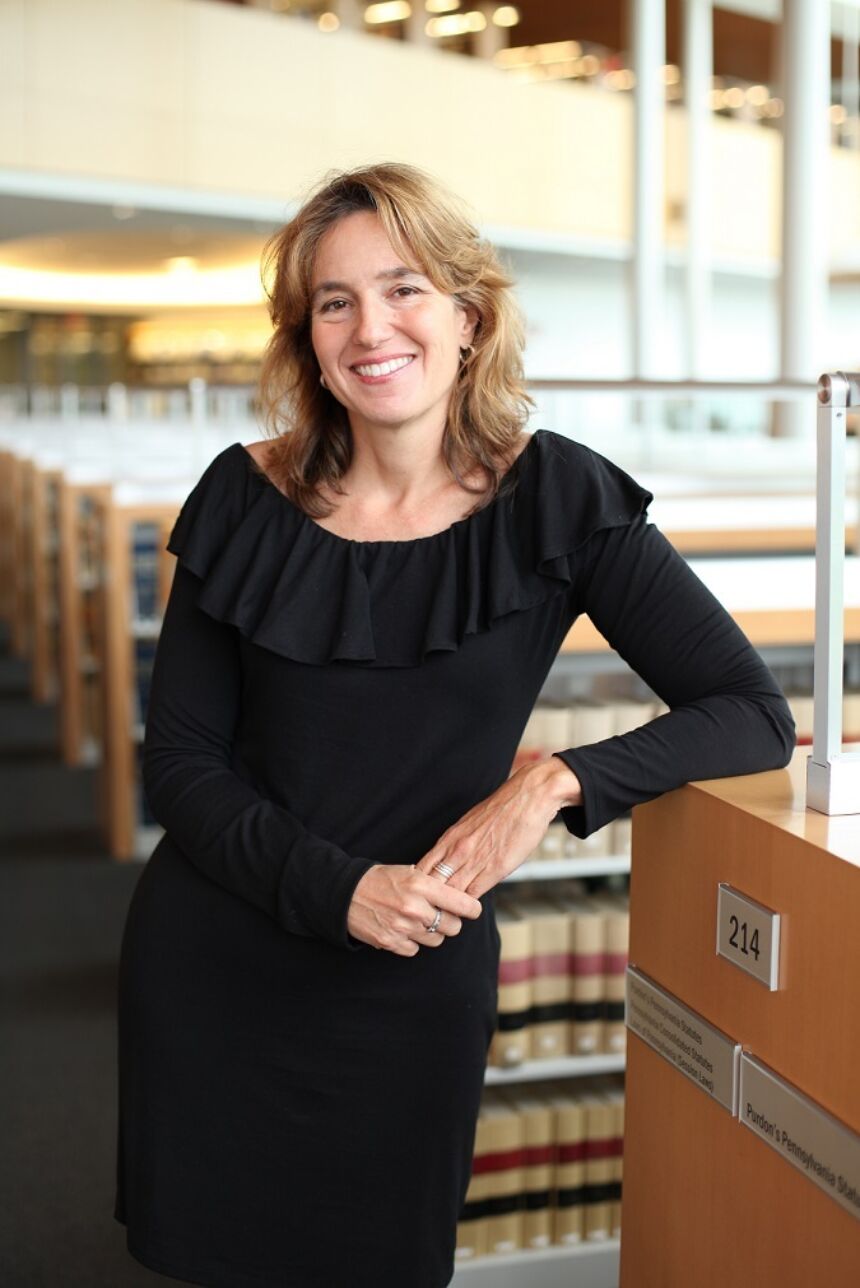May 03, 2017
Professor McClennen to present on satire and the media in four countries

UNIVERSITY PARK, Pa. -- Penn State School of International Affairs professor and associate director Sophia McClennen has been attracting increasing attention for her scholarship and commentary on the role of satire in U.S. politics and media, leading to invitations to speak on these timely issues in four different countries in the coming months.
McClennen will discuss “Fake News, Public Trust, and Democracy” in India at the national Ministry of Information and Broadcasting on May 10, followed by a lecture on “Why political satire is the antidote to Trumpism” at a journalists’ workshop in Hamburg hosted by Der Speigel, one of Germany’s major news magazines.
She will also speak about satire and the media at the Interactive Central and Eastern Europe Festival held in Bucharest, Romania on June 15 and 16, and has been invited to provide the keynote address at the annual conference of the Journalism Education and Research Association of Australia in December.
Although her scholarship and commentary often focuses on satire, politics, and the media specifically in the United States, McClennen said that the themes of her work and the issues she deals with are relevant around the world.
“What we’re finding is that process we’ve been going through in the U.S. is also affecting news media across the globe,” McClennen said. “The ability for citizens of any country to get fake information is on the rise.”
McClennen—author of Is Satire Saving Our Nation? and Colbert’s America: Satire and Democracy—has researched and written on the importance of satire in helping create and informed and critical citizenry for years, and has seen a surge in interest in this topic in recent months as “fake news” has entered the pop culture lexicon and right-wing populist movements have gained traction around the globe.
“One common denominator, alongside the global rise of clickbait culture, is that the middle class around the globe is feeling very squeezed economically, with declining quality of life, job opportunities, and real wages,” McClennen said. “There’s a kind of global frustration with what’s seen as the ‘one percent,’ the oligarchy.”
These factors, among others, have helped make people more susceptible to fake news as distrust with traditional politicians and news sources has become more common.
“The problem isn’t truth. The problem isn’t that we don’t have fact checkers” McClennen said. “The problem is trust.”
But political satire, as McClennen has argued in her writing and will discuss at her upcoming conferences and workshops, is a tool for fighting back against disinformation and political apathy because it can reveal the shortcomings of both the media and public figures, foster greater political engagement, and help people become more critical and conscious consumers of news and information.
And when people are more critical news consumers and more engaged with the political process, then they can push their politicians and their journalists to do a better job – thereby creating trust and improving their communities, countries, and democracies.
In addition to conferences and speaking engagements around the world, McClennen also routinely addresses these issues in her weekly Salon column and has discussed these issues with news outlets including Vox, RT Today, and others.
